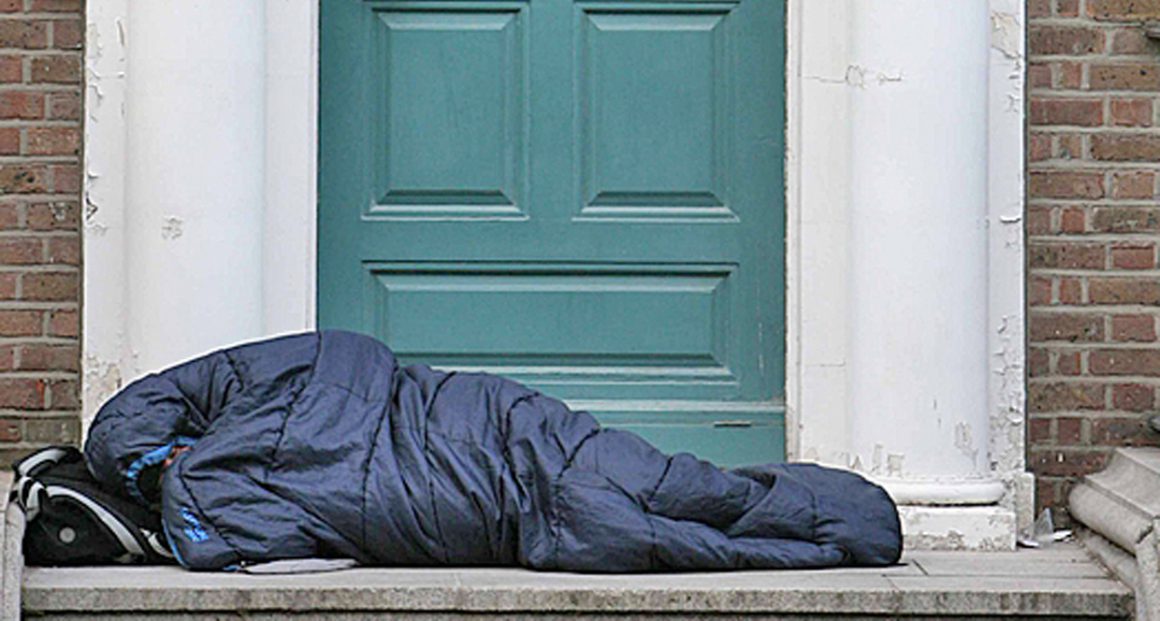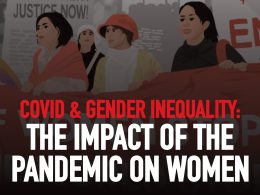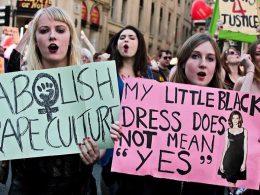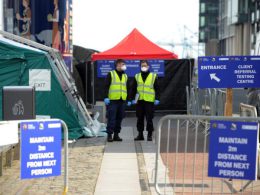By Colm McCarthy
THE DEATH of three homeless people in Dublin, Kildare and Cork in less than a week at the end of August/beginning of September is just the latest horrific illustration of the ongoing crisis in the country’s rental sector and the housing sector generally. The Peter McVerry Trust estimates that 13 fresh people became homeless everyday in 2016.
Almost 8,000 people were in emergency accommodation as of June this year. Thousands of others are one rent increase away from a similar fate. It is an increasingly common sight in urban centres across the country to see tents, similar to the one Jennifer Dennehy was sleeping in when she died in Cork, pitched up by those unable to afford spiralling rents.
Hoarding of land
Rents nationally stand at an average of €1,159, 13% higher than their 2008 peak. The crisis is at its most extreme in Dublin, with average rents of €1,700, with the counties of Kildare, Wicklow, Meath, Louth and the cities of Cork and Galway all averaging over €1,000.
Much of the crisis can be traced to opening up of Ireland to vulture funds attracted by the opportunity to snap up cheap NAMA properties. Hoarding of land by vulture funds means that land in their possession capable of building 50,000 houses has instead resulted in just 3,200 over a six year period.
The proliferation of Airbnb accommodation which currently has three times more properties to rent in Dublin than Daft.ie further exacerbates the problem. With house prices also nearing their boom era peak, they are well out of reach of most renters, “the invisible hand of the market” has resulted in an unprecedentedly bad housing crisis.
Obsessed with private sector
The political establishment remain obsessed with attempting private sector solutions that don’t work. The Government’s response has invariably been to throw money at or empower landlords. Schemes such as HAPs unveiled in 2014 were designed to artificially reduce Council waiting lists by declaring those in receipt of said payment adequately housed. In reality it was a declaration of the Governments lack of intent to build social housing.
Fianna Fáil’s response to this crisis is characteristically to call for €240 million in tax cuts for the property developers, presumably in the hope that they will return to their pre crisis role as the party’s chief financial benefactors.
Build public housing
The building of quality public housing and the acquisition of the tens of thousands of vacant homes is a necessity to fix the crisis. Attempts to outsource the building of social housing to the private sector via part v resulted in just 37 houses being built nationwide in 2016. That the European fiscal rules provide a barrier to doing so demonstrates they must be broken. Real rent controls need to be introduced and there should be a ban on economic evictions.
The outpouring of public support for initiatives such as that of Apollo House showed the extent of public support for campaigning actions aimed at alleviating the crisis. With no end in sight and people dying the street, further upsurges in struggle are both likely and necessary.












